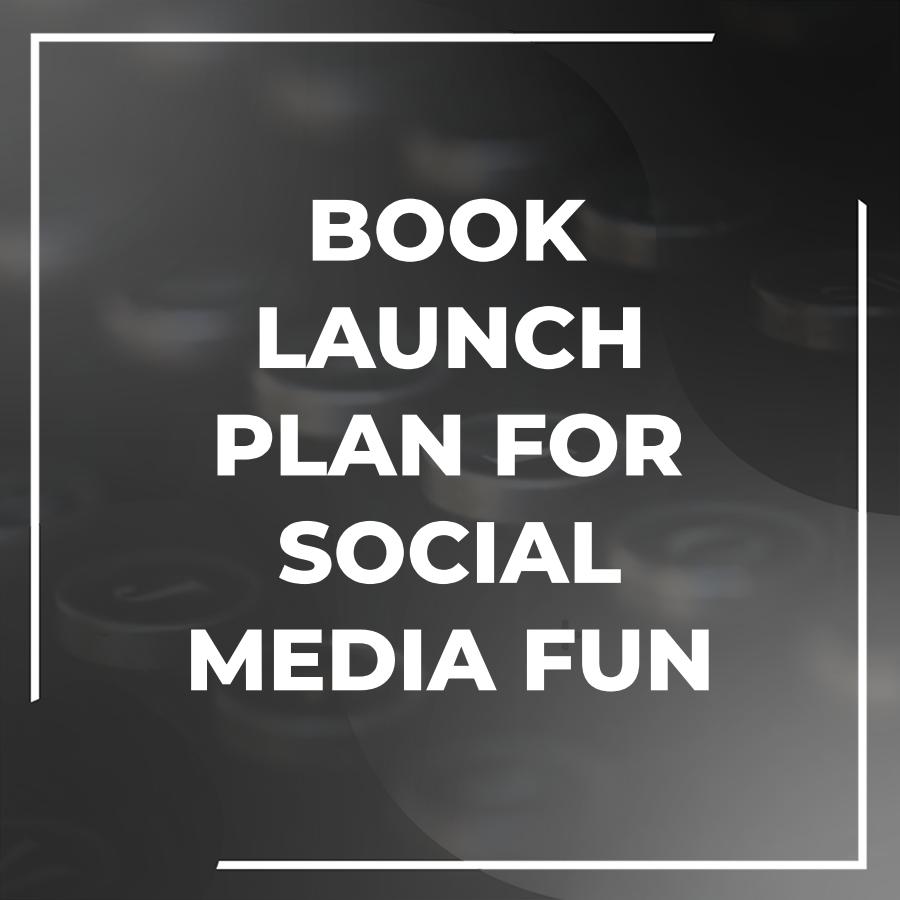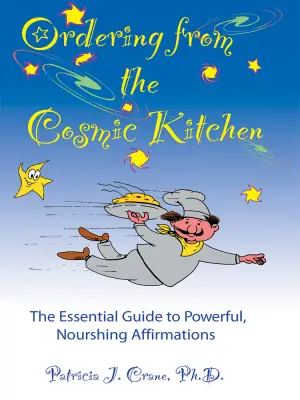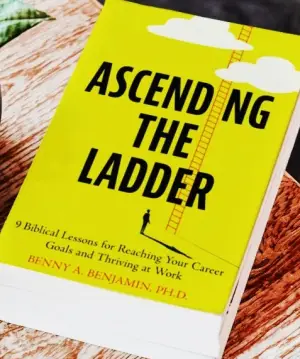Launching a book in today’s digital age without a solid social media strategy can feel like shouting into a void. Many authors are excited about their book releases, yet they struggle to gain traction on social media platforms. A well-executed social media strategy can make the difference between your book gathering dust on a shelf or flying off the virtual shelves.
A well-crafted social media strategy is essential for successfully launching a book. It should focus on building an authentic connection with your audience, generating buzz, and providing clear calls to action. Below is a step-by-step guide to help you navigate this process effectively.
Table of Contents
1. Define Your Target Audience
Before you can launch your book, you need to know your audience. Who are the people most likely to read your book? Are they young adults, parents, horror fans, or business professionals? Knowing your readers will shape your marketing efforts.
Actionable Tip:
Create reader personas that define the demographics, interests, and reading habits of your ideal readers. For instance, if you write young adult fantasy, your audience might include high school students and avid fantasy readers. Understanding your target audience will guide your content creation.
2. Choose the Right Platforms
Not every social media platform will be suitable for your book launch.
Pros and Cons of Different Platforms:
Facebook: Great for building community and sharing events. Consider a dedicated Facebook group.
- Pro: It has a large user base, ideal for events.
- Con: Organic reach has declined.
Twitter: Excellent for real-time engagement and updates.
- Pro: Quick interactions; hashtags help reach an audience.
- Con: The limited character count can make detailed messaging tricky.
Instagram: Highly visual, perfect for creating a brand aesthetic.
- Pro: Engaging visuals increase shareability.
- Con: Requires some graphic design skills.
TikTok: Up-and-coming platform for creative video content.
- Pro: Viral potential is high.
- Con: May not attract older audiences.
Actionable Tip:
Pick 2 to 3 platforms that align with your audience’s preferences. Focus your efforts here rather than trying to master all platforms at once.
3. Crafting a Unique Brand
Your online presence should reflect your voice and style. This presence includes everything from your author bio to the visuals you employ in your posts.
- Author Bio: Keep it concise and relatable. Include what drives you as a writer.
- Consistent Imagery: Use a color palette that reflects the theme of your book. If your novel is dark and mysterious, pick darker colors for your graphics.
Example: Consider an author who writes urban fantasy novels. They might use vibrant, colorful graphics on Instagram that depict whimsical elements of their book’s world, drawing in an audience that appreciates creativity and magic.
4. Build Excitement Before Launch Day
The pre-launch phase is crucial. You want to create anticipation.
Actionable Tips:
- Teaser Content: Post sneak peeks of your book cover, a few lines from chapters, or snippets from your author’s notes. These give your audience a taste of what to expect.
- Countdown: Begin a countdown a month before your launch date. Use engaging graphics or videos to highlight the days leading up to your big event.
Example: Author Jane Doe launched her thriller by sharing a 30-day countdown filled with daily excerpts and behind-the-scenes looks at her writing process. This campaign created buzz and engaged her followers.
5. Engage with Your Audience
Social media isn’t just a broadcasting tool; it’s a way to interact with your fans.
Pros and Cons of Engagement:
- Pro: Direct communication fosters a loyal reader base. Responding to comments can lead to immediate feedback and a sense of community.
- Con: This process takes time and demands steady effort each day.
Actionable Tip:
Set aside time each day to respond to comments and messages. Consider hosting Q&A sessions, either live or through posts, where readers can ask you anything about your writing process or the book itself.
6. Use Influencer Marketing Wisely
Engaging influencers in your space can boost your visibility.
Best Practices:
- Identify Influencers: Choose book bloggers, reviewers, or fellow authors who resonate with your target audience.
- Reach Out: Send out an engaging email introducing yourself, your book idea, and why you think they’d enjoy it. Offer them an Advanced Reader Copy (ARC).
Actionable Tip:
Create a personalized pitch for each influencer you reach out to. Highlight why the platform is a perfect fit for your book, which increases your chances of collaboration.
7. Host a Virtual Launch Event
A virtual launch event can make your book debut feel special, regardless of physical location.
Actionable Tips:
- Plan the Event: Consider hosting a live reading, a Q&A, or an interview format with another author.
- Promote the Event: Use your chosen platforms to create an event page and share details. Encourage sign-ups ahead of time.
Example: Author John Smith successfully launched his novel through a Facebook Live event, which featured a reading and exclusive giveaways. He engaged his audience, resulting in a noticeable spike in sales.
8. Create Shareable Content
Make it easy for your readers to share your book and your posts.
Actionable Tips:
- Graphics: Create captivating graphics, quotes, or memes from your book. Use tools like Canva to design them in a visually appealing way.
- Hashtags: Use relevant book-related hashtags to reach a wider audience. Examples include #Bookstagram, #AmReading, or even unique hashtags specific to your book.
9. Analyze and Adjust Your Strategy
Once your launch begins, examine how well your social media strategy performs.
Actionable Tips:
- Track Engagement: Use analytics tools available on social platforms to measure engagement, impressions, and follower growth.
- Adjust Based on Feedback: When certain content attracts more attention or engagement, focus on creating more of that content type rather than sticking rigidly to your original schedule. Let audience reactions guide your next steps.
Example: Author Sarah Lee discovered that her quiz-style posts dominated engagement rates. As a result, she revamped her strategy to include more interactive content that encouraged audience participation.
10. Collaborate with Other Authors
Two heads are often better than one.
Actionable Tips:
- Joint Promotions: Partner with fellow authors who attract a similar readership. Host giveaways or bundle books together for promotions.
- Guest Posts: Write guest blog posts for each other or collaborate on social media takeovers for broader exposure.
Example: A group of mystery novel authors joined forces to create a multi-author Instagram giveaway. Each author promoted the giveaway to their followers, significantly boosting book sales for everyone involved.
11. Continue the Momentum Post-Launch
Your book launch doesn’t end with the initial excitement; it’s time to maintain and grow your readership.
Actionable Tips:
- Book Clubs and Reading Lists: Engage with book clubs that might be interested in featuring your book.
- Content Calendar: Develop a content calendar for post-launch promotions, announcements, or engaging readers in discussions about the book’s themes.
Engaging your audience continually helps to strengthen relationships, leading to word-of-mouth promotion long after the initial launch.
12. Be Authentic
Above all, authenticity is key.
Actionable Tip:
Share your writing journey, your challenges, and your triumphs. If you’re struggling with a chapter or just created one you’re proud of, share these moments. Readers appreciate honesty and vulnerability, creating deeper connections with you and your work.
13. Utilize Paid Advertising Strategically
If you have some marketing budget, consider investing in social media ads.
Pros and Cons:
- Pro: Ads can target specific demographics, maximizing your exposure.
- Con: Poorly executed ads can quickly drain the budget.
Actionable Tip:
Start by setting clear objectives for your ads, such as increasing followers or boosting book sales. Monitor their performance closely and adjust as necessary to improve results.
14. Tracking Your Success
Finally, leverage analytics to understand the success of your social media strategy.
- Monitor Engagement Metrics: Are your posts generating likes, shares, and comments?
- Sales Correlation: Are you noticing an uptick in book sales that correlates with your social media activity?
- Adjust Accordingly: Use this data to modify your strategies and content types for better results.
Example: Alex tracks the engagement metrics of several posts related to his latest book. He realizes that his giveaways had the highest engagement rates, prompting him to plan several more for future promotions, effectively drawing in and maintaining a captivated audience.
Additional Information
When it comes to launching a book on social media, many authors overlook key strategies that can make a significant difference.
- Timing is Everything: Post during peak hours when your audience is most active. Each platform has its own pattern—Facebook usually shows more activity in the afternoons. Meanwhile, Twitter often buzzes in the evenings.
- Engagement Trumps Promotion: Instead of solely promoting your book, focus on building relationships with your audience. Respond to comments, ask questions, and create polls to encourage interaction.
- Sneak Peeks Work Wonders: Share snippets or behind-the-scenes content from your book to build excitement. Humans are naturally curious, and this strategy feeds that curiosity.
- Leverage User-Generated Content: Encourage your readers to share posts about your book and tag you. This strategy builds community and provides authentic content you can share on your own channels, amplifying your reach.
- Use Hashtag Strategy Wisely: Research which hashtags are trending in your genre or community, and use a mix of popular and niche hashtags to maximize visibility. Don’t oversaturate your post—stick to a few well-chosen tags.
- Host Virtual Events: Consider live readings, Q&A sessions, or interviews on platforms like Instagram and Facebook Live. These events not only pique interest but also allow readers to engage directly with you.
- Create a Dedicated Launch Group: Assemble a group of enthusiastic readers who can help promote your book. This launch group could be on Facebook or any other social media platform, where members can share excitement and updates.
- Repurpose Content: Turn your launch posts into a series of stories, reels, or TikToks. This strategy maximizes your content and presents your book in various engaging formats.
- Collaborate with Influencers: Reach out to influencers or fellow authors in your genre. A shout-out from them can introduce your book to a broader audience, and cross-promotion benefits everyone involved.
- Utilize Email Lists and Social Proof: Don’t forget to use your email list to announce your launch, and include quotes or reviews from beta readers and early reviews to build credibility and anticipation.
- Create a Countdown: Build excitement by counting down to your launch day. Regular posts that highlight the days left remind readers about your upcoming release and make them eager to read your book.
Frequently Asked Questions (FAQs) Related to Social Media Strategy For Book Launch
Q. What social media platforms are best for launching a book?
A. The best platforms often include Facebook, Instagram, Twitter, and TikTok. Each platform caters to different audiences, so choose those where your readers are most active.
Q. How far in advance should I start my social media campaign before a book launch?
A. Start at least 4-6 weeks before your launch. This timeline gives you ample time to build buzz and engage with your audience.
Q. What type of content should I post leading up to the launch?
A. Share sneak peeks of the book, character spotlights, behind-the-scenes content, and countdowns to create excitement.
Q. Should I use paid ads to promote my book launch on social media?
A. Yes, if the budget allows. Paid ads can help you reach a wider audience and target specific demographics that align with your book’s themes.
Q. How important are hashtags in promoting my book on social media?
A. Hashtags are crucial as they help your posts reach a broader audience. Use relevant hashtags related to the genre and themes of your book.
Q. Can I collaborate with other authors or influencers for my book launch?
A. Absolutely! Collaborations can leverage both audiences and expand your reach. Just ensure their following aligns with your target readers.
Q. What is the best way to engage with my audience during the book launch?
A. Actively respond to comments, host giveaways, and create interactive content like polls or Q&A sessions to foster engagement.
Q. Should I create a specific launch event on social media?
A. Yes, hosting a launch event (like a live Q&A or virtual reading) can drive excitement. Promote it well early to gather an audience.
Q. How do I measure the effectiveness of my social media strategy?
A. Use analytics tools provided by the platforms to track engagement, reach, and conversion rates. This data can guide your future marketing efforts.
Q. What should I do after the book launch on social media?
A. Continue posting updates, reader testimonials, and engaging content to maintain interest. Don’t just disappear after launch; keep the momentum going!
Conclusion
A solid social media strategy is essential for a successful book launch. Knowing your target audience, picking the right platforms, and connecting with readers help build excitement and spread the word about your book. Remember to post regularly, share valuable content, and interact authentically with your followers. The right social media strategy creates buzz, draws curious readers, and boosts your visibility in the crowded literary world. Now, go forth and craft your strategy!







